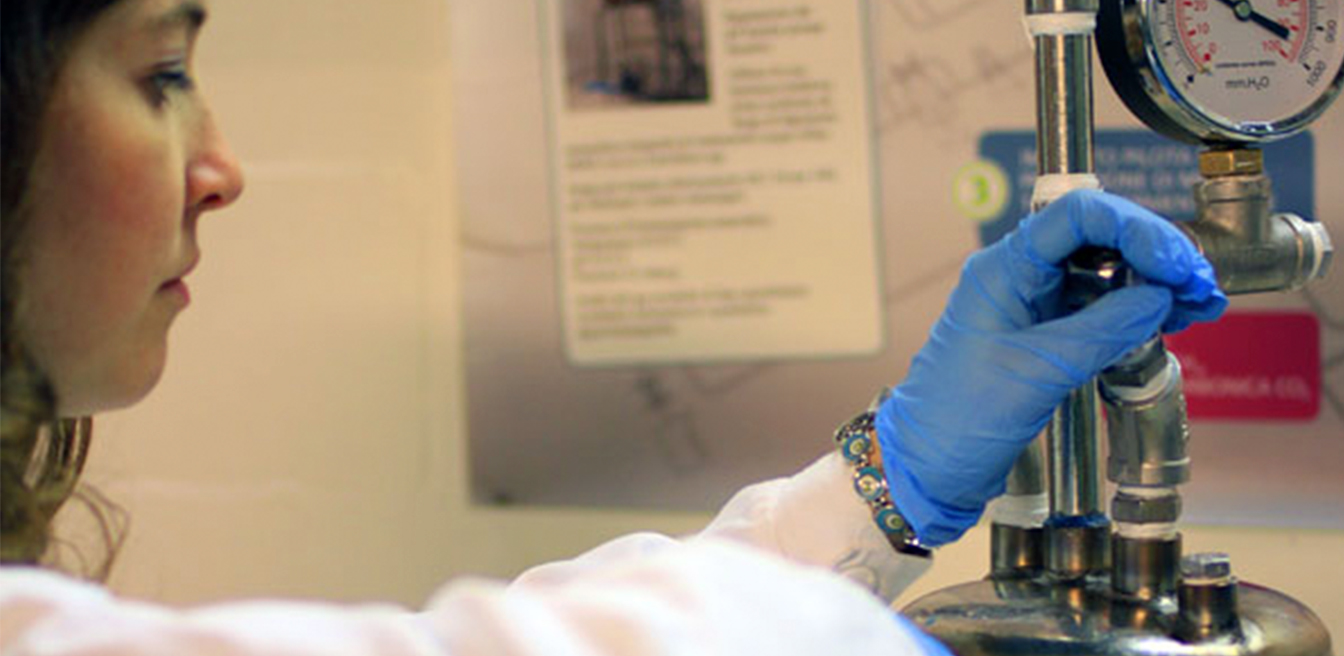Project Fruit-en-go was financed under the ROP Piemonte ERDF 2007-2013 and involves Fingranda spa as lead partner, Environment Park SpA, the Energy Department of Politecnico di Torino, T&G Sistemi and Sanifrutta.
Fruit-en-go aims at assessing the technical, economical and energy sustainability of using agri-food industry by-products in order to produce energy through anaerobic digestion (two-stage process for combined production of biohydrogen and biogas). In this respect, scientific research has demonstrated that a two-stage fermentation process (H2+CH4) leads to an increase in energy yield of at least 20% if compared to energy yield that can be obtained from an anaerobic fermentation plant processing the same waste stream.
Furthermore, the biogas obtainable from a two-stage process is richer in methane (70-85%) then biogas obtained in a standard single-stage industrial process, with resulting benefits in terms of costs associated with any subsequent gas stream purification processes.
Despite such achievements endorsed by scientific research and despite anaerobic fermentation is a well-established technological process, so far there are no large-scale plants for two-stage digestion process of organic matrix.
Consequently, the project involves the realisation of a feasibility study which assesses the availability of agri-food industry by-products in the Piedmont area, with the aim of dimensioning an industrial plant for the combined production of hydrogen and biogas through anaerobic fermentation processes, evaluating its economic feasibility.
Our role
Environment Park collaborates with wine company Rabezzana and GAIA Italy srl within WP4 (Business plan and territorial impact) in the preparation of the business plan for the two-stage process economic evaluation, by specifically evaluating today’s agricultural waste market and analysing its context and reference regulations.
In addition to this, Envipark collaborates with Politecnico di Torino (Energy Department) within WP2 (Technical Feasibility) in the assessment of the technical feasibility of a plant for the valorisation of agri-food sector waste in order to produce biohydrogen and biogas through a two-stage anaerobic fermentation process.
